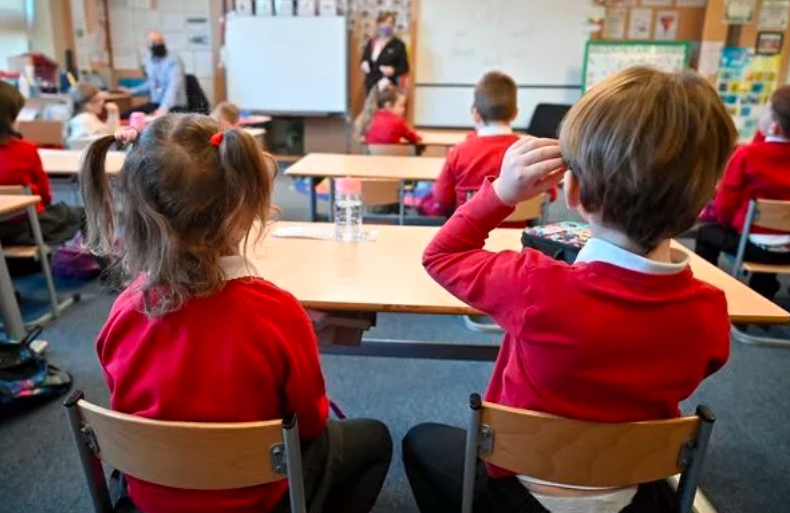A new report by the Sutton Trust has revealed that Scottish students from disadvantaged areas are four times less likely to go to university than those from wealthy backgrounds. The report also showed that Scots are less likely to go straight to university, and half who go via college repeat at least one year. This is despite the fact that Scotland has free tuition for higher and further education.
The shocking access gap
The Sutton Trust is a charity that aims to improve social mobility through education. It analysed data from the Higher Education Statistics Agency and the Student Loans Company to compare the university participation rates of students from different parts of the UK. It found that:
- In 2013-14, 55% of Scots entered higher education by the age of 30, 34.1% straight from school and 20.9% going to college first.
- In England, 46.6% entered higher education, with just 6% starting at colleges and other non-university providers.
- In Scotland, students from the poorest neighbourhoods are four times less likely to attend university than those from the richest areas.
- In England, those from the poorest neighbourhoods are 2.4 times less likely to attend university than those from the richest areas.
- In Northern Ireland and Wales, those from the poorest neighbourhoods are three times less likely to attend university than those from the richest areas.
The report concluded that Scotland faces a shocking access gap and it is vital that the government appoints a new independent commissioner for fair access to tackle the problem.
The role of colleges in Scottish higher education
The report highlighted the over-reliance on the Scottish college sector to increase participation rates overall and the failure of Scottish university places to keep up with increasing demand. It said that:

- 90% of growth in higher education places for disadvantaged students came from colleges, not universities.
- Half of the students who go to university via college repeat at least one year, which means they take longer to complete their degrees and incur more debt.
- Colleges offer a range of qualifications, from Higher National Certificates (HNCs) and Higher National Diplomas (HNDs) to degrees, but the quality and recognition of these qualifications vary widely.
- Colleges have faced significant funding cuts and staff reductions in recent years, which may affect their ability to provide adequate support and guidance to students.
The report recommended that the Scottish government should increase the number and diversity of university places, especially for students from disadvantaged backgrounds, and ensure that college qualifications are of high quality and lead to progression opportunities.
The impact of free tuition in Scotland
The report also questioned the impact of free tuition in Scotland, which was fully scrapped by the SNP government in 2008. It said that:
- Free tuition has not led to a significant increase in university participation rates for Scots, especially for those from poorer backgrounds.
- Free tuition has benefited middle-class and high-income students more than low-income students, who still face barriers such as living costs, academic attainment and cultural expectations.
- Free tuition has reduced the funding available for universities, which may affect their quality and competitiveness.
- Free tuition has created a funding gap between Scottish and non-Scottish students, who have to pay up to £9,250 a year in tuition fees. This may deter talented students from other parts of the UK and the EU from studying in Scotland.
The report suggested that the Scottish government should review the impact and sustainability of free tuition and consider alternative models of funding that are more progressive and targeted.
The response from the Scottish government
The Scottish government defended its record on higher education and said that university access for students from poorer areas was up by 29% since it came to power. It also said that:
- It has invested over £1 billion in the college sector and increased the number of full-time college places.
- It has introduced a minimum income guarantee of £7,625 a year for eligible students and increased the bursary for care-experienced students to £8,100 a year.
- It has appointed a Commissioner for Fair Access, Professor Peter Scott, who is overseeing the implementation of the recommendations of the Commission on Widening Access, which was set up by the government in 2015.
- It is committed to ensuring that 20% of university entrants are from the 20% most deprived areas by 2030.
Education Secretary John Swinney said: “We are determined to ensure that every young person in Scotland has an equal chance of success, no matter their background or circumstance. That is why we have taken a range of actions to widen access to higher education and ensure that students get the support they need to succeed.”


















